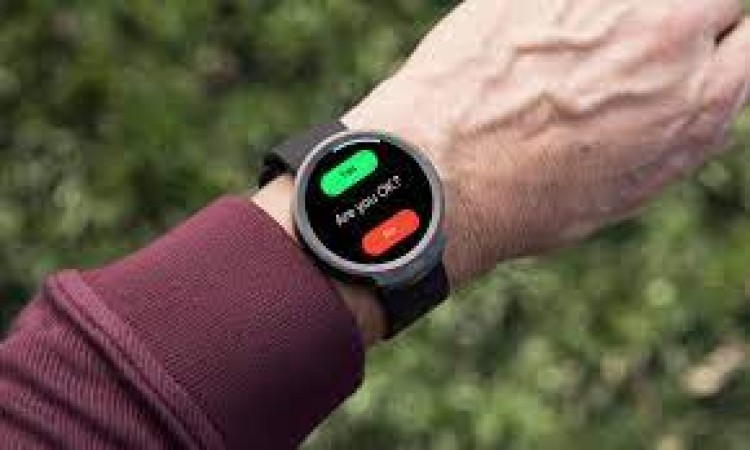
In today's fast-paced world, technology continues to redefine how we approach healthcare. One remarkable innovation that is gaining significant attention is the integration of heart monitoring capabilities into smartwatches. These devices are not just for checking the time or receiving notifications anymore; they are becoming invaluable tools for monitoring our health in real-time. With advancements in wearable technology, smartwatches are now equipped with features that can assess the condition of our hearts and even provide early warnings before medical emergencies occur.
Smartwatches have evolved from simple gadgets to sophisticated health companions. One of the most groundbreaking features introduced in recent years is the ability to monitor heart health. This functionality has been made possible by the integration of advanced sensors and algorithms that can accurately track various aspects of cardiac activity.
Modern smartwatches utilize optical sensors to measure heart rate continuously throughout the day. These sensors emit light onto the skin and detect changes in blood flow, allowing the device to calculate the wearer's heart rate with impressive accuracy. By monitoring heart rate patterns, smartwatches can provide insights into overall cardiovascular health and detect anomalies that may indicate potential issues.
Beyond basic heart rate monitoring, some smartwatches are equipped with technology capable of detecting irregular heart rhythms, such as atrial fibrillation (AFib). AFib is a common but potentially dangerous condition that can lead to complications like stroke if left untreated. By alerting users to irregular heart rhythms, smartwatches can prompt them to seek medical attention and potentially prevent serious health problems.
One of the most significant advantages of smartwatch heart monitoring is its potential to serve as an early warning system for impending medical issues. By continuously analyzing heart rate data and detecting abnormalities, smartwatches can alert users to changes in their cardiac health that may warrant further investigation.
Imagine receiving a notification on your smartwatch warning you of a potential heart irregularity before you even experience any symptoms. This preemptive alert system has the potential to prompt individuals to undergo timely medical tests or consultations with healthcare professionals. By catching problems early, interventions can be implemented to prevent more serious complications down the line.
Beyond detecting specific cardiac conditions, smartwatch heart monitoring provides users with valuable insights into their overall health and wellness. By tracking trends in heart rate variability, resting heart rate, and activity levels, individuals can gain a better understanding of their cardiovascular fitness and make informed decisions to improve their well-being.
As technology continues to advance, the capabilities of smartwatch heart monitoring are expected to become even more sophisticated. With ongoing research and development, future generations of smartwatches may incorporate additional sensors and artificial intelligence algorithms to provide even deeper insights into cardiac health.
In the future, smartwatch heart monitoring could seamlessly integrate with telemedicine platforms and electronic health records, allowing healthcare providers to remotely monitor patients' cardiac health in real-time. This integration could streamline the diagnosis and management of cardiovascular conditions, ultimately leading to better health outcomes for individuals worldwide.
By analyzing vast amounts of data collected from smartwatch users, machine learning algorithms could offer personalized health recommendations tailored to each individual's unique physiology and lifestyle. These recommendations could include dietary changes, exercise routines, and stress management strategies aimed at optimizing cardiovascular health and reducing the risk of heart disease.
Smartwatch heart monitoring represents a paradigm shift in healthcare, offering individuals unprecedented insights into their cardiac health and empowering them to take proactive steps to safeguard their well-being. With the ability to detect irregular heart rhythms, provide preemptive alerts, and integrate with telemedicine systems, smartwatches are poised to revolutionize the way we monitor and manage heart health. As technology continues to evolve, these devices will play an increasingly vital role in promoting cardiovascular wellness and saving lives.
These smartphones with 32MP selfie camera are cheaper than Rs 10 thousand
Honor launches smartwatch and earbuds in India, know attractive launch offers along with features